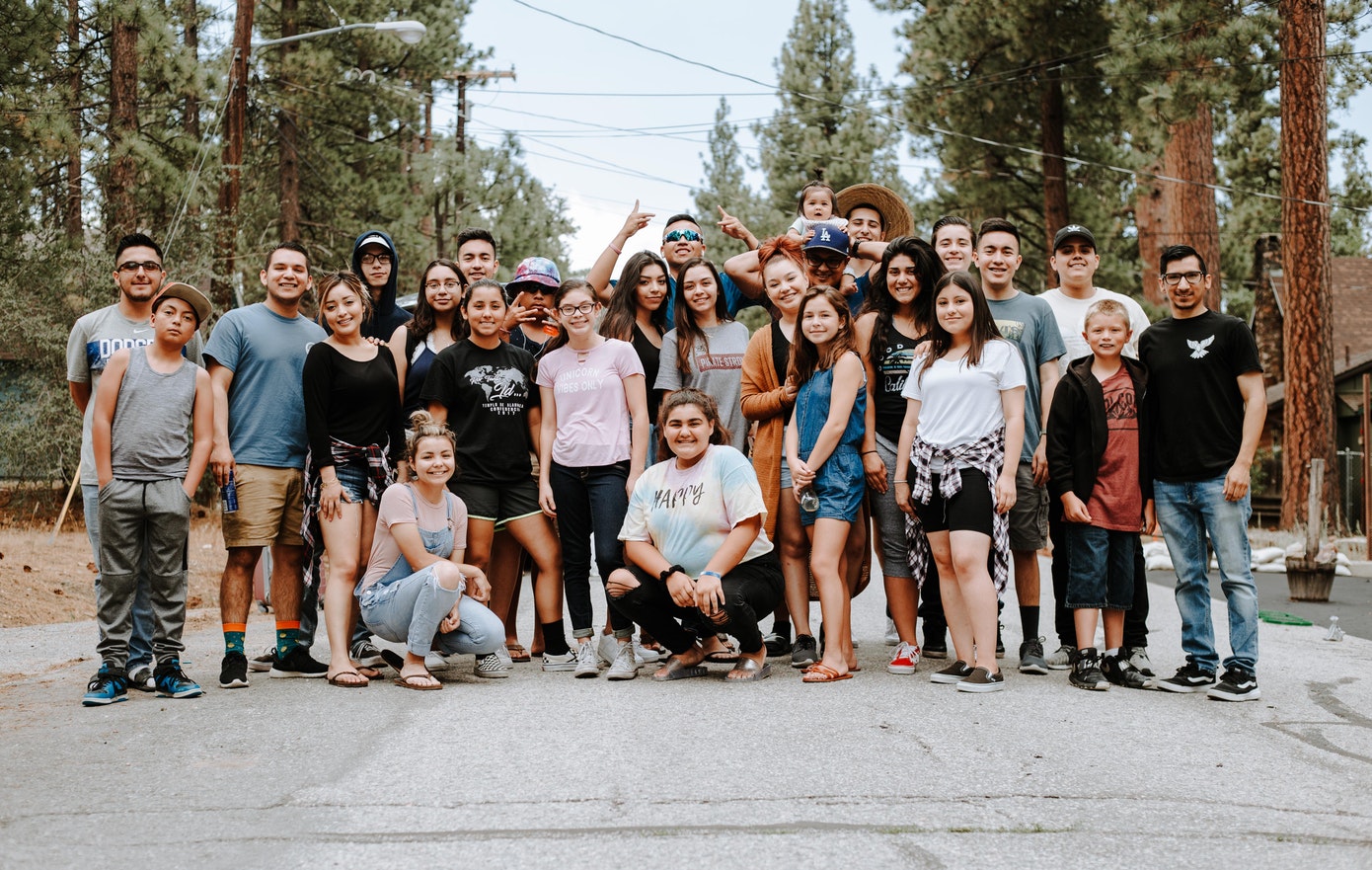While running a youth club can be hard work, it is so much fun and extremely rewarding to see the benefits. It’s a great feeling to offer young people a safe place to socialise, try out new things, develop skills and get involved in their communities.
In this blog, I will outline the key steps to consider before you start a youth club in your local area or for a specific group of young people, e.g. LGBTQI.
Is there a need for a youth club in your area?
I suggest speaking to local parents, local secondary schools, community leaders, and most importantly, young people to find out what they want.
In doing so, you will be able to confirm where the youth club can be held, at what time, how often it should be open, if young people would be willing to pay for a subscription, what activities young people want to see/do and more…
If you get positive responses to your youth club idea and start to get young people interested, then spread the word.
Set up a meeting or an event to publicise the club and let the community know of its existence. Try to target young people and other members of the local community (potential members and helpers/volunteers) and ask them to invite people along too.

How to find volunteers and helpers
The key to a long-running and successful club is having a good team of staff/helpers/volunteers.
To find volunteers, in addition to holding an initial event, put up posters in local shops and community venues, and post across your social media. It’s all about spreading the word, and the best way to do so is to look for support, especially from the local community and your family and friends.
You can also find volunteers by holding a public meeting through the local press. Approach community newsletters, local newspapers, radio stations and volunteer centres. They will be able to offer you support and can help match youth clubs with willing volunteers.
Find a home for your club
Speak to your local school, community centre, uniformed youth groups and your local council to see if they have any spaces available that you could rent. When you do, also find out if there is any equipment that you could borrow/share.
Consider your youth club funding and resources
You will need to work out how much funding you require to run the club and where those funds will come from.
Speak to your local council to see if they provide any funding for youth groups. Try your local community foundation, who often provide small grants to support groups. They can advise you about where else you can look if you need help: https://www.ukcommunityfoundations.org/
Speak to local businesses to see if they can donate some funds or equipment – they may also be a good source of volunteers as local businesses often want to give something back to their local communities – #corporatesocialresponsibility.
Naming your youth club
Choosing a name is one of those elements of your club which will come naturally or may take some time. When choosing a name it will be important to involve young people. The name should represent your youth club’s identity, as well as telling people what you do and provide your young members with a sense of belonging.
It’s going to be the first thing people see, along with your logo, and so needs to capture what the youth club is all about.
The legal bit
A constitution sets out the aims of your club and explains to members and non-members what your youth group is about. It covers who you are, what you do and how you operate.
If your club decides to open a bank account and/or applies for charitable status you will need a constitution. Several funders will ask for a copy of your constitution to be sent with funding applications.
You will also need to have some written policies and procedures. These will cover the rules by which you manage your youth club whilst ensuring you put the right insurance in place and that all volunteers DBS checked. Note: These are free to do for volunteers – there may be a small admin charge!
Off you go
Once you have all these things in place, then you are all set to open up your youth club.
You will be able to look forward to people coming up to you over the next few years to proudly tell you everything they’ve achieved since you worked with them at the youth club.
That’s what I’ve found – I’ve had many young adults approach me years later, e.g. in the local supermarket or when I have been walking through town, to tell me about how the skills they gained that time we went on a residential helped them or what they learnt about themselves from a discussion we had at the youth club helped them decide on making changes to their lives.
It’s amazing to see the huge difference you and your youth club has made to their lives. This is the true benefit of a youth club.
Another funny thing, they will always recognise you, you may not recognise them… which is no surprise – they’ve probably grown a few inches and look much more grown up since the last time you saw them at the youth club.
Like I said previously, running a youth club can be hard work. But it’s so worth it when you see the impact you had on a young person’s life.
Do you have a success story behind your youth club? We’d love to hear it!
Have you just started your own youth club? Share it with us!
Don’t hesitate to ask us for advice!
Members of the Groop team have experience in managing youth clubs and volunteering. Not only that, the Groop platform offers a resource library, which provides more in-depth information, as well as a uCheck DBS service.
Combining the two, this will be a great way to get your youth club started.
To speak with one of our club and volunteering experts, please get in touch.



